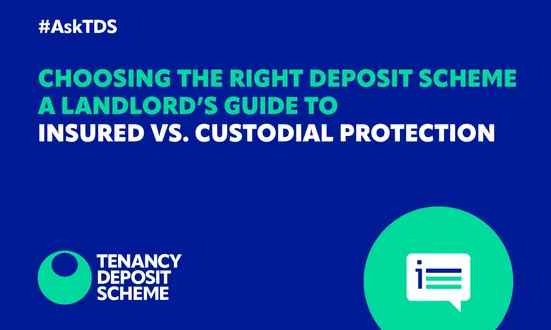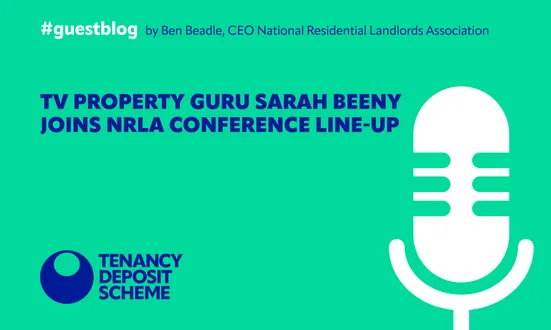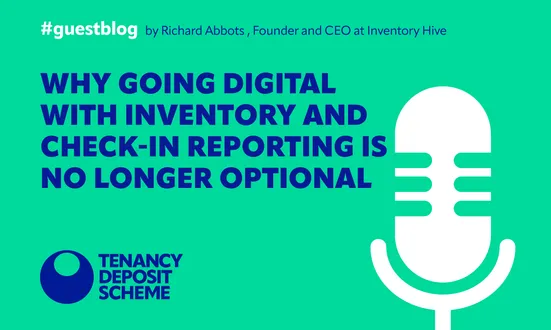A guest blog by Jenny Lamb, Policy Officer, Shelter
In 2019, Theresa May’s government first promised to scrap Section 21 ‘no fault’ evictions. Six years, five Prime Ministers and nine Housing Ministers later, this commitment is finally set to become a reality. Years of tireless campaigning by renters, housing activists and coalitions has culminated in the Renters’ Rights Bill, which represents the biggest shake-up of private renting for nearly 40 years.
While we are thrilled that the Renters’ Rights Bill will consign the deeply inequitable practice of eviction without a reason to the history books, this really is only the beginning. The Bill has great potential to boost tenant security and enable those who rent privately to put down roots in their communities. But its ambition will only be fully realised if tenants are aware of their new rights and put them into practice.
While the Bill will introduce many new rights, here are three key changes that renters should know about as they navigate life in the private rented sector.
Searching for a home: discrimination against benefits recipients is directly unlawful
Despite over a third of private renters receiving housing support[1], income discrimination remains rife in the private rented sector. 52% of landlords say they do not or prefer not to let to tenants whose income is wholly or partly supported by benefits.[2]
While discrimination against those in receipt of benefits is already technically unlawful under the Equality Act 2010, the Renters’ Rights Bill will clarify this position and enable any prospective tenant who faces discriminatory treatment due to their benefits status to report breaches to their local authority or, in future, the new Private Rented Sector Ombudsman (which will be introduced at a later date). Landlords who are found to be in breach of the rules can face penalties of up to £7,000, and tenants may even be eligible for compensation. The Bill will also prohibit landlords from demanding more than one month’s rent upfront, which all too often serves as yet another barrier to those on low incomes when trying to secure a home in the private rented sector.
If you are looking to rent from a private landlord and are worried about benefits discrimination, we would encourage you to keep good records of your interactions with landlords and letting agents during your search. Conduct your enquiries in writing, where possible, and make sure you can identify discriminatory terms such as ‘No DSS’, or ‘working professionals only’. While the Bill will go some way to raising the profile of illegal discrimination, it will ultimately be down to tenants to prove that they have been unfairly treated due to their economic status and raise complaints if these new rules are to be truly effective.
Sustaining a tenancy: challenging poor conditions
For decades, renters have been faced with an impossible choice: risk retaliatory eviction for demanding improvements to dangerous homes, or keep quiet and endure conditions that threaten their health and that of their families. A quarter of private renters have chosen not to ask for repairs due to fear of eviction, leaving them stranded in homes that make them sick.
The scrapping of Section 21 no-fault evictions will give renters confidence that they will not face retaliation for asserting their rights. But to see widespread improvements in the conditions of private rented homes, tenants will need to take the next step in holding their landlords to account. If you are worried about the condition of your home, you can ask your local council for an inspection, or raise a complaint with the Private Rented Sector Ombudsman when it is established.
Righting wrongs: rent repayment orders
When things go wrong, tenants are often the ones who ultimately pay the price. From having to replace furnishings and possessions damaged by mould to forking out hundreds of pounds for an unexpected move, the expenses associated with living in the private rented sector are disproportionately felt by tenants. The Renters’ Rights Bill provides further mechanisms for tenants to hold their landlords accountable in the form of expanded and extended Rent Repayment Orders (or RROs). Landlords who knowingly or recklessly misuse possession grounds, falsify information or otherwise commit breaches of the new rules could be subject to an order to repay an amount of rent to a tenant or a local authority to rectify wrongdoing.
RROs represent a significant deterrent to rogue landlords running roughshod over the rights of tenants. If you feel your rights have been disregarded, you may be able to apply to the First Tier Tribunal and could have up to 24-months’ rent returned to you.
Conclusion
Shelter exists to defend the right to a safe home, and the fight does not stop here. With the constant threat of a Section 21 no-fault eviction removed, we will continue to stand by renters as they make use of the new tools at their disposal to challenge unfair treatment and poor practice.
The views expressed in this content are solely those of the author alone and do not necessarily represent the views of TDS, its officers, or employees.
[1] The number of people on local housing allowance (LHA) in England is 1,770,640 which is the equivalent to over a third (38%) of private rented households.
[2] YouGov survey of private landlords in England. Total sample size was 1007 adults. Fieldwork was undertaken between 14th – 26th July 2023. The survey was carried out online.
Other news stories


